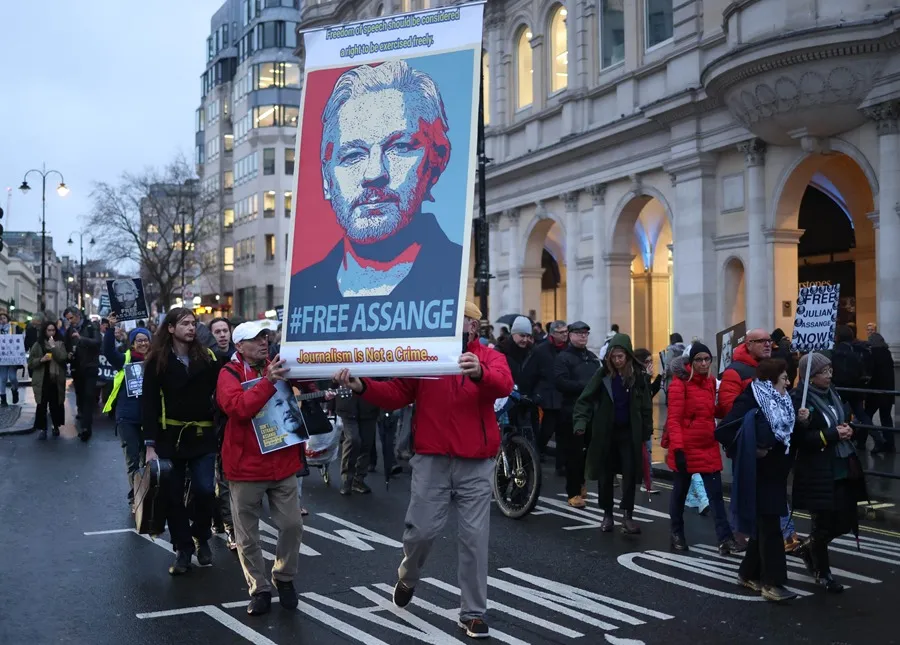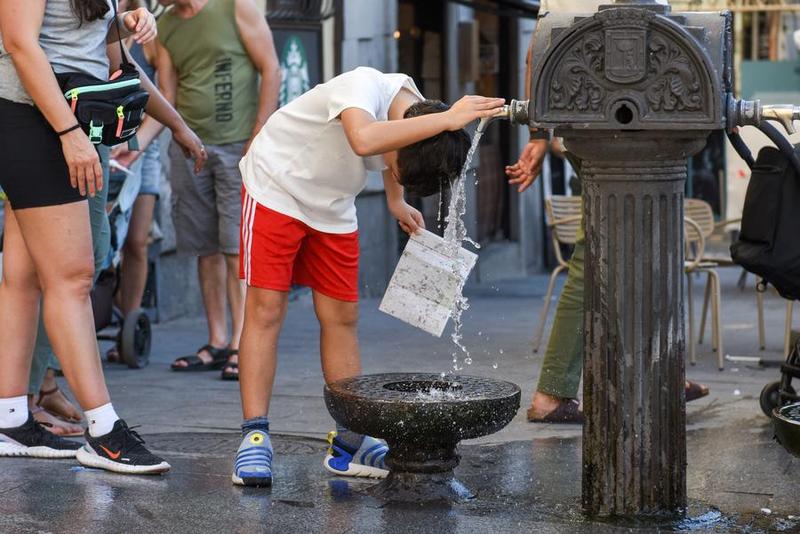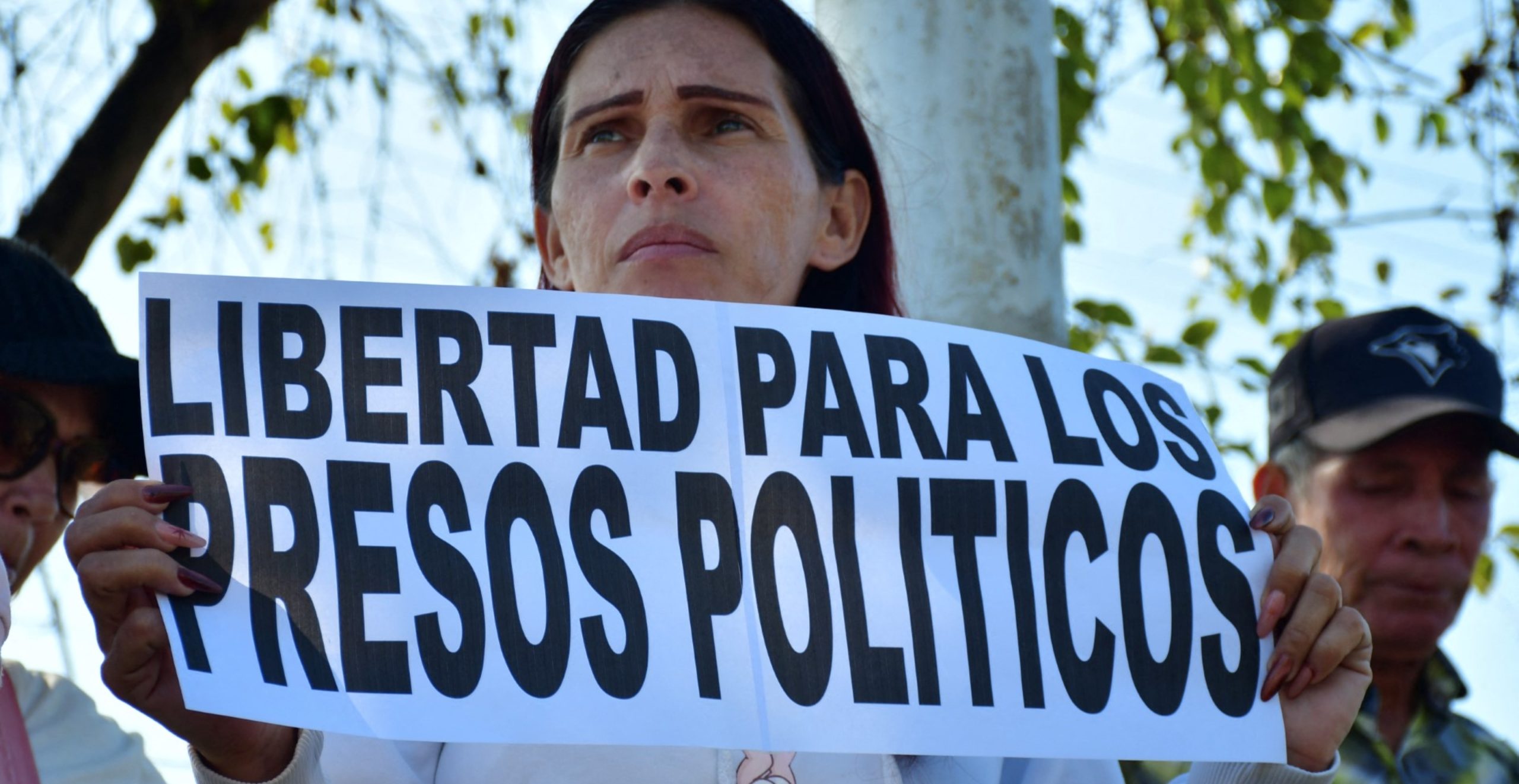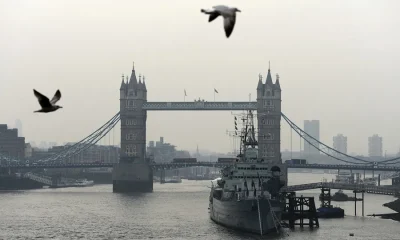International
Assange will not yet be extradited to the United States when the London High Court postpones his decision

The High Court of London chose on Tuesday to postpone its final decision on the appeal of the case of the Australian journalist Julian Assange, founder of the WikiLeaks portal, so he will not be extradited to the United States immediately.
Judges Victoria Sharp and Adam Johnson, who evaluated the parties’ arguments for several weeks, considered that an eventual appeal by Assange could partially prosper, so they offer the United States Government the opportunity to “offer guarantees” against those arguments.
According to the ruling, the court has given the U.S. Government three weeks to give satisfactory guarantees that Assange will be able to argue in his defense the First Amendment of the U.S. Constitution, relating to the protection of freedom of expression.
Guarantees will also be needed that the Australian will not be harmed in the trial because of his nationality, that he will be granted the same protections of the First Amendment as a U.S. citizen and that the death penalty will not be imposed.
If those guarantees are not given, then Assange will be granted authorization to appeal, but if they are offered, the parties will have the opportunity to present new observations at a hearing on May 20, in order to make a decision on the appeal.
However, the judges dismissed some of the grounds for the appeal, including Assange’s arguments that his case responds to his political opinions.
The magistrates had to evaluate the arguments presented by the parties at two court hearings last February in order to decide whether to support or revoke the ruling issued on June 6, 2023 by Judge Jonathan Swift.
That magistrate denied Assange the possibility of continuing to appeal in the United Kingdom last year and gave his approval to the delivery of Assange to the United States.
Assange’s extradition was signed in June 2022 by the then British Minister of the Interior Priti Patel.
The United States requests that Assange be extradited for 18 crimes of espionage and computer intrusion, after his explosive revelations from his portal, which between 2010 and 2011 revealed alleged U.S. war crimes in Iraq and Afghanistan.
According to Assange’s defense, these crimes are punishable by 175 years in prison in the United States.
After the ruling was heard, the journalist’s wife, Stella Assange, said at the gates of the court, before a crowd of followers, that her husband is a “political prisoner.”
“He is a journalist and is persecuted because he exposed the true cost of war in human lives” and this case “is a sign to all of you that if you expose the interests that drive the war, they will come for you,” he added.
Assange was arrested for the first time in 2010 at the request of Sweden for a case that has been closed. In 2012 he took refuge at the Embassy of Ecuador in London, but was arrested in 2019 by the British Police, once that country withdrew his asylum status, and since then he has been in prison.
International
Spain’s irregular migrant population rises to 840,000, study finds

The number of migrants living in Spain without legal residency status continues to rise and has reached 840,000 people, with 91% originating from the Americas, particularly Colombia, Peru and Honduras, according to a report by the Spanish think tank Funcas (Foundation of the Savings Banks).
An estimated 17.2% of the non-EU foreign population living in Spain is in an irregular administrative situation. The estimate is based on the gap between the number of foreign residents effectively living in Spain, according to the National Statistics Institute (INE), and those who hold a residence permit, benefit from international protection, or are in the process of obtaining it.
The data, as of January 1, 2025, point to a notable and sustained increase in irregular migration since 2017, when the estimated figure stood at around 107,000 people, representing 4.2% of the non-EU population residing in Spain.
By origin, migrants from the American continent stand out, totaling around 760,000 people, or 91% of all irregular migrants. Colombians account for nearly 290,000, followed by Peruvians with almost 110,000, and Hondurans with about 90,000. Migrants from Africa (50,000), Asia (15,000) and Europe (14,000) trail far behind.
The figures predate Spain’s latest immigration regulation reform, which came into force in May 2025 and introduces measures to ease access to legal status through residency ties. According to Funcas, the reform would, in principle, tend to reduce the number of migrants in an irregular situation.
International
Historic snowstorm paralyzes Toronto after 60 centimeters of snow

Toronto, Canada’s largest city and the fourth most populous in North America, was largely paralyzed on Monday after a historic snowstorm dumped up to 60 centimeters of snow and sent temperatures plunging to -15 degrees Celsius, authorities said.
Late Sunday, as the scale of the snowfall became clear, city officials declared a climate emergency, triggering extraordinary measures including parking bans on several major streets to facilitate snow removal operations.
Toronto’s public transit authority reported that while some buses remain immobilized, subway and streetcar services are operating with relative normality, though localized disruptions may occur.
A similar situation is affecting the city’s commuter rail network, which remains operational but is experiencing significant delays on its main routes due to the severe weather conditions.
International
Venezuela frees at least 80 political prisoners, NGO says

At least 80 political prisoners were released on Sunday across Venezuela, human rights group Foro Penal reported, as the broader process of detainee releases continues at a slow pace under the interim government.
Foro Penal’s director, Alfredo Romero, wrote on social media platform X that verified releases took place nationwide and that the figure could rise as more confirmations are completed.
Attorney Gonzalo Himiob, also from Foro Penal, said the excarcelations occurred during the early hours of the day and emphasized that the number is not yet final pending further verification.
The releases are part of a series of steps announced by Venezuela’s interim leader, Delcy Rodríguez, who took power after the capture of former President Nicolás Maduro in a U.S. military operation on Jan. 3, 2026. Rodríguez has pledged a significant number of liberations but has been criticized by opposition groups and rights organizations for the slow and nontransparent nature of the process.
So far, the Venezuelan government reports that 626 detainees have been freed since December, though independent counts by human rights groups suggest the number of actual political prisoner releases is lower and that many remain behind bars.
Families of those still detained have maintained vigils outside prisons, hopeful for further releases even as broader concerns about political imprisonment and due process persist.
-

 Central America5 days ago
Central America5 days agoMazatenango Carnival cancelled amid State of Siege in Guatemala
-

 International5 days ago
International5 days agoTrump to invite Venezuela’s interim president Delcy Rodríguez to Washington
-

 International5 days ago
International5 days agoMarkets rise as Trump halts Europe tariffs and floats Greenland agreement framework
-

 International5 days ago
International5 days agoVenezuela’s interim president predicts 37% increase in revenues for 2026
-

 International3 days ago
International3 days agoTrump-Era Defense Plan Prioritizes Border Security and Scales Back Global Commitments
-

 Internacionales4 days ago
Internacionales4 days agoMajor winter storm threatens “catastrophic” ice and snow across much of the U.S.
-

 Central America4 days ago
Central America4 days agoGuatemala’s president rules out negotiations with inmates after prison riots
-

 International5 days ago
International5 days agoFour minors killed in deadly clash between FARC dissidents in Colombia’s Amazon
-

 International5 days ago
International5 days agoJapan reopens Kashiwazaki-Kariwa Plant despite public concerns
-

 International3 days ago
International3 days agoBogotá and Quito Seek Dialogue After Tariffs and Power Cut Escalate Tensions
-

 International4 days ago
International4 days agoGuatemala considers sending high-risk gang members to military prisons
-

 International2 days ago
International2 days agoDelcy Rodríguez seeks political agreements after Maduro’s ouster
-

 International2 days ago
International2 days agoFederal immigration agents kill man in Minneapolis, sparking protests and outrage
-

 International4 days ago
International4 days agoRights group says over 5,000 killed in Iran protests, mostly civilians
-

 International16 hours ago
International16 hours agoHistoric snowstorm paralyzes Toronto after 60 centimeters of snow
-

 International16 hours ago
International16 hours agoSpain’s irregular migrant population rises to 840,000, study finds
-

 International16 hours ago
International16 hours agoRights group says nearly 6,000 killed in Iran protest crackdown
-

 Central America16 hours ago
Central America16 hours agoGuatemala seizes over a ton of cocaine hidden in flour at Pacific port
-

 International16 hours ago
International16 hours agoVenezuela frees at least 80 political prisoners, NGO says
-

 International16 hours ago
International16 hours agoEU launches new probe into X over AI-generated fake nude images
-

 International17 hours ago
International17 hours agoFrance debates ban on social media for children under 15
-

 International17 hours ago
International17 hours agoSevere winter storm grips U.S., leaves multiple dead as extreme cold persists




























